
Welcome to Wikipedia! Here’s what we’re doing to help you stick around
Someone signing up to edit a Wikipedia page for the first time may feel a bit like a visitor to a new planet—excited, to be sure, but wildly overwhelmed. Many new editors must wonder: Just how many millions of articles are in this vast online resource? And which of those millions of articles need that….
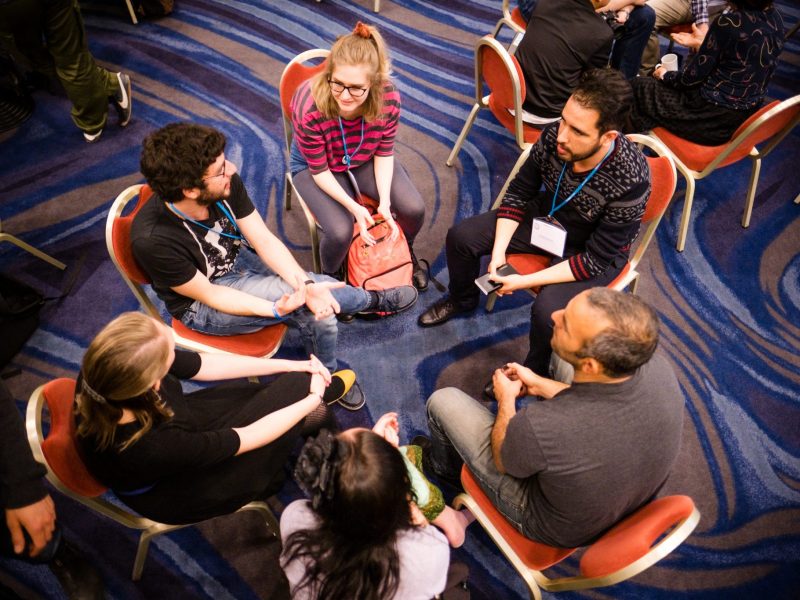
Who are the organizers that grow Wikimedia’s communities? New research on actors that bring energy to the Wikimedia movement
The face of Wikipedia’s volunteer community is often an editor—someone who maintains, edits, and writes facts in the vast online encyclopedia. But editors aren’t the only contributors to Wikipedia, WikiCommons, and the other Wikimedia projects: there are many other volunteers who contribute by organizing events and inspiring others to join our volunteer community. Their work,….

Thanks for the thanks! Examining the efficacy of Wikipedia’s thanks feature
Much like Asgard, Wikipedia is not a place but a people. Specifically, an extensive community of volunteers from around the world who donate their time each day to building, curating, and watching over the largest collection of knowledge ever assembled. Unlike Asgard, the people who contribute to Wikipedia often only rarely meet outside of the….
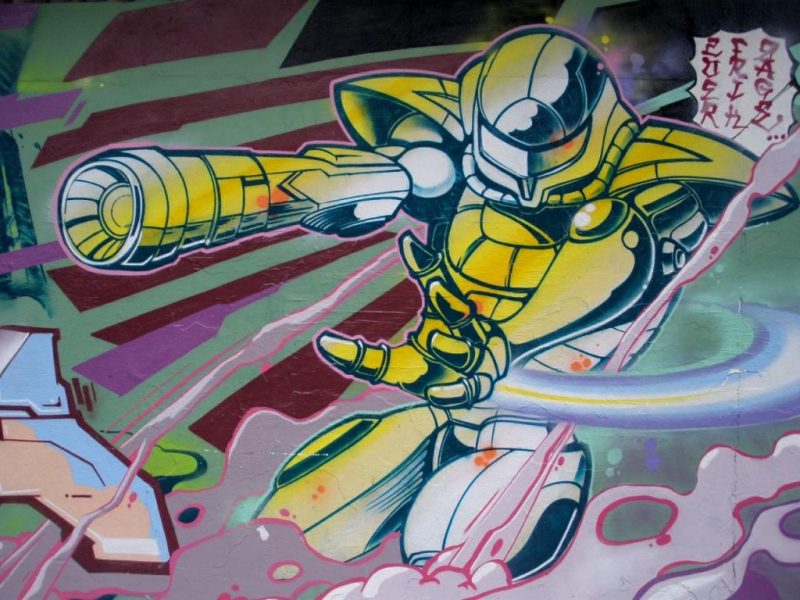
Designing ethically with AI: How Wikimedia can harness machine learning in a responsible and human-centered way
The past few years have seen an explosion of journalism, scholarship, and advocacy around the topic of ethical AI. This attention reflects a growing recognition that technology companies often fail to put the needs of the people who use machine learning (or “AI”) technology, and of society as a whole, ahead of their business goals.….
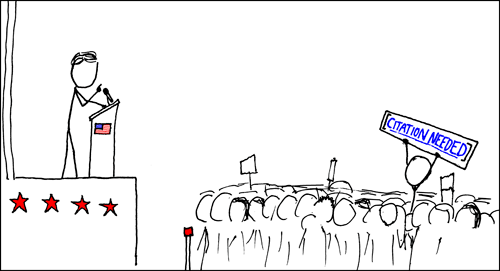
Can machine learning uncover Wikipedia’s missing “citation needed” tags?
One of the key mechanisms that allows Wikipedia to maintain its high quality is the use of inline citations. Through citations, readers and editors make sure that information in an article accurately reflects its source. As Wikipedia’s verifiability policy mandates, “material challenged or likely to be challenged, and all quotations, must be attributed to a….
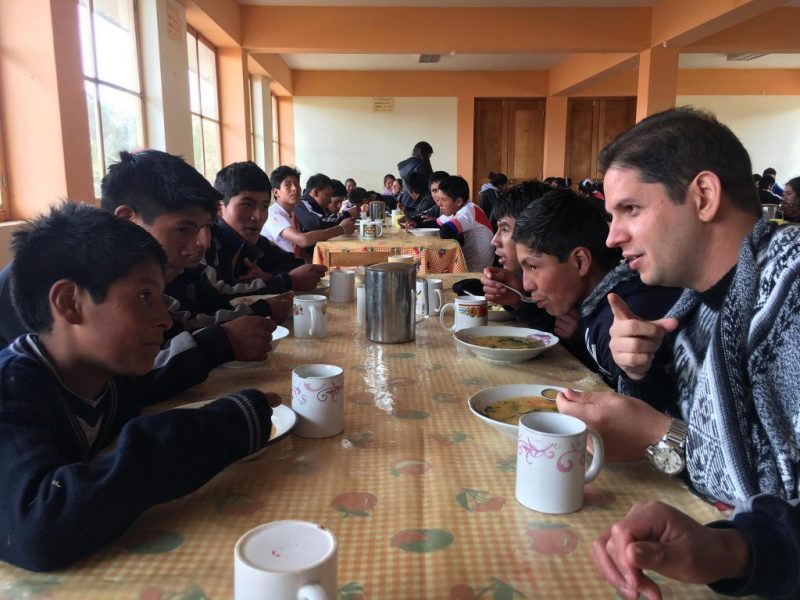
To bridge Peru’s digital divide, these researchers are taking Wikipedia offline
For many years, the Wikimedia Foundation’s vision statement has asked us to imagine how the world would be changed if every single person on Earth had access to the “sum of all knowledge”—but because Wikipedia is a web project, only those with internet access could reach that knowledge. That’s left billions behind. Anne Nelson, who….
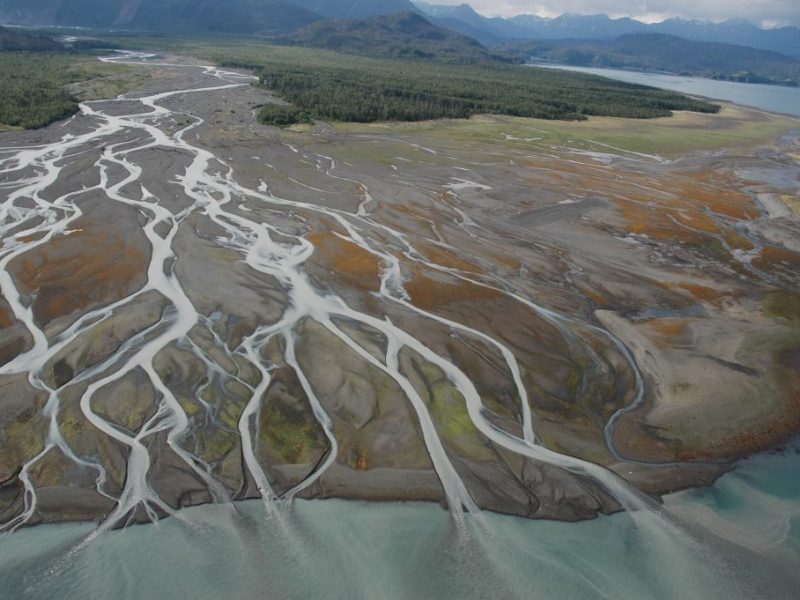
Research directions towards the Wikimedia 2030 strategy
The Wikimedia Foundation’s Research team has published a set of white papers that outline our plans and priorities for the next 5 years. These white papers, which were developed collaboratively by all members of the team, reflect our thinking about the kind of research that will be necessary to further the 2030 Wikimedia strategic direction….
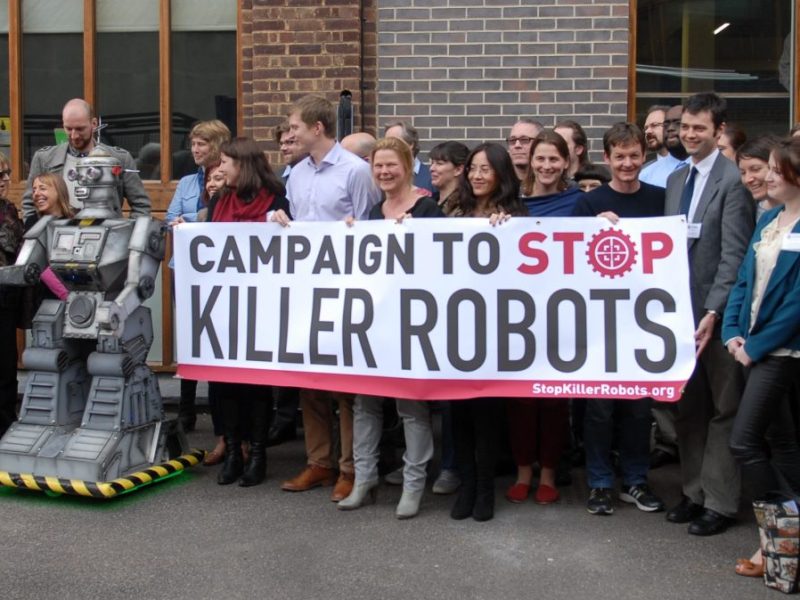
Mitigating biases in artificial intelligences—the Wikipedian way
The great potential of AI: Scaling wiki-work At Wikimedia, AIs help us support quality control work, task routing, and other critical infrastructures for maintaining Wikipedia and other Wikimedia wikis. To make it easier to support wiki-work with AIs, we built and maintain ORES, an open AI service that provides several types of machine predictions to….

For these academic journals, Wikipedia isn’t a bug—it’s a feature
Wikimedia, especially Wikipedia, hasn’t always had the best of relationships with academia. So you may be surprised to learn that there’s a trio of Wikimedia academic journals that are now accepting submissions: the WikiJournal of Medicine, Science, and Humanities. All are run on a traditional academic journal model, including an extensive peer review process by….
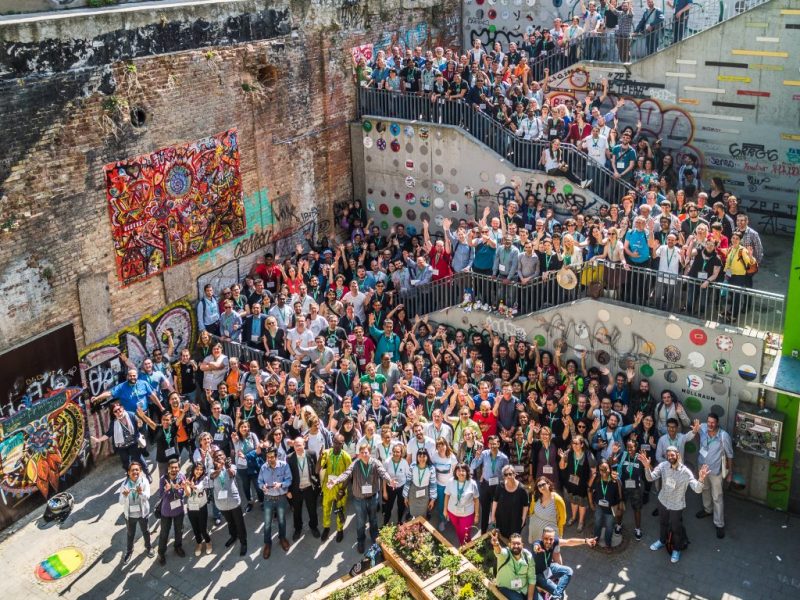
What we learned from surveying 4,000 members of the Wikipedia and Wikimedia communities
Each year, the Wikimedia Foundation surveys the volunteer communities who edit Wikimedia sites for their input on a variety of topics that, in turn, help Foundation staff make decisions about how to support these communities. In April 2018, over 4,000 Wikimedia community members, answered up to 50 questions about their experiences working on the Wikimedia….